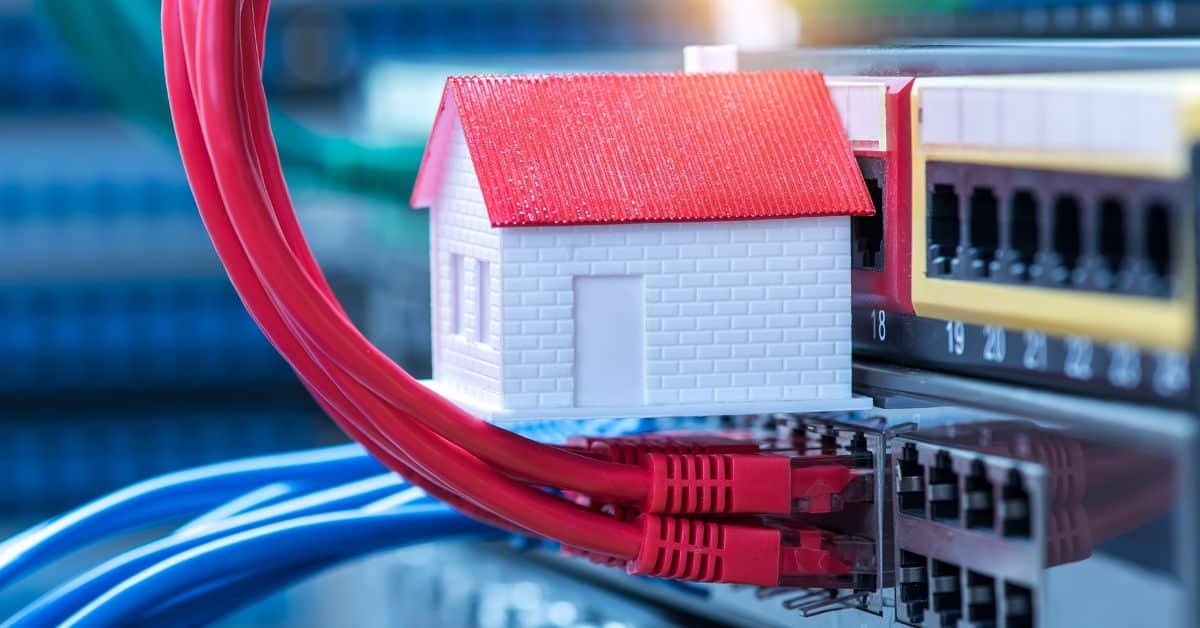A data center is a centralized facility that houses servers, networking equipment, storage systems, and other computing resources. Companies rely on data centers for storing, processing, and managing their data. But with advancements in computing technology and an increasing demand for personal and small-scale data management, home data centers are becoming a possibility for individuals and small businesses.
The question isn’t so much whether you can build a data center in your home but whether a home setup can meet your goals while being cost-effective, efficient, and manageable. This blog explores the process’s feasibility, components, and benefits, as well as key considerations to help you decide if it’s right for you.
Why Consider Building a Data Center in Your Home?
For one, you have full ownership and control over your data, ensuring privacy and eliminating dependency on third-party services. You can also tailor the setup to your exact needs, choosing hardware, networking solutions, and software that suit your requirements.
Also, if you run a business with ongoing data management needs, a home setup can eventually alleviate your reliance on costly cloud services.
What Do You Need To Build a Home Data Center?
Here’s what a basic home data center setup typically requires.
1. Hardware Components
To create even a modest data center, you’ll need essential hardware. Most important are servers to process, store, and manage data. Next, you’ll need storage systems, such as SSDs or NAS units, depending on the scale of your data storage needs. Naturally, you’ll also need networking equipment, which should include a router, switches, and data cables. You might consider buying data cables in bulk if you have a decently large setup. Finally, servers generate a significant amount of heat, so you should get a cooling system.
2. A Dedicated Space
A home data center requires a specific area with enough room for all your equipment. Whether it’s a spare room, closet, or section of your garage, the key is ensuring a stable environment with proper ventilation, low humidity, and secure power connections.
3. Power Supply and Backup
Servers require consistent and reliable power. Additionally, an uninterruptible power supply (UPS) is highly recommended to help protect your data center from electrical surges and power outages.
4. Internet Connection
A high-speed fiber-optic connection is ideal to handle traffic efficiently, especially if your data center supports remote work or external applications.
5. Software
From operating systems to security and data management software, the right programs are as important as the physical hardware. Linux-based systems are a popular choice for home data centers due to their flexibility, stability, and scalability.
Challenges of Building a Data Center at Home
While you definitely can build a data center in your home, it’s challenging in many ways. For one, it’s expensive. While used equipment can reduce costs, you’ll still face significant upfront expenses.
Secondly, a data center demands technical expertise, from hardware installation to troubleshooting software issues. If you’re not tech-savvy, the learning curve is steep.
Thirdly, servers consume a lot of energy, and running them 24/7 can lead to high electricity bills. Additionally, many servers produce loud fan noise, which might not be ideal for a residential setting.
Finally, home data centers require consistent monitoring and maintenance. From managing backups to updating security patches, there’s ongoing work involved in keeping everything running smoothly.
If you’re fascinated by the idea of a home data center but not sure where to begin, do a small-scale test run or consult a professional to guide you through the process. With the right strategy, building a data center in your home might just be the perfect solution for your data management needs.
Explore more:
The Importance of Data Centers in the Business World
How Crypto Is Impacting the Construction World

At CIO TechWorld, I architect global revenue strategy, cultivate enterprise alliances, and engage directly with CXO leaders shaping the future of technology.
Operating at the convergence of editorial intelligence, commercial strategy, and executive influence, I specialize in transforming complex business objectives into authoritative market presence.









